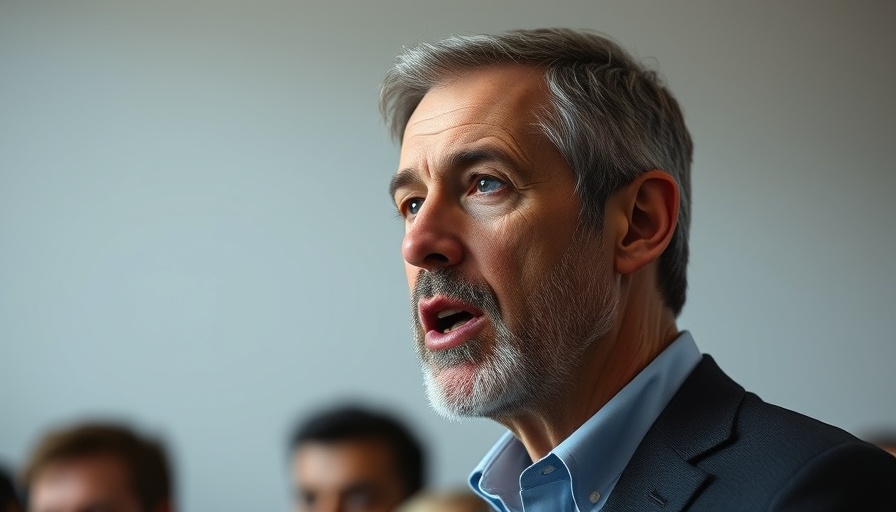
Goldman Sachs Adjusts Strategy Amid Market Turbulence
As tariffs loom large on the horizon, Goldman Sachs is tightening its grip on risk appetite, responding to the shifting landscape that Donald Trump's policies are sending through global markets. The looming uncertainty created by trade tensions has prompted investors to reevaluate their strategies, leading prominent firms like Goldman to adopt more conservative approaches in their investment decisions.
The Impact of Tariffs on Business Trends
Tariffs have far-reaching implications beyond immediate economic impacts. They shape business trends, prompting companies to adjust their growth strategies. For instance, as raw materials become costlier due to tariffs, businesses must consider revising pricing strategies to maintain their margins. Silicon Valley startups, reliant on efficient supply chains, are particularly vulnerable to supply chain disruptions caused by such tariffs.
Economic Forecasts and Market Analysis
With Trump's administration threatening to escalate trade tensions, economic forecasts indicate potential slowdowns in business growth. Market analysts predict that companies engaged in exports may notice shifts in consumer behavior, leading to volatility in corporate earnings reports. Goldman Sachs' move to reduce risk comes as a proactive measure in anticipation of potentially turbulent financial futures.
Business Innovations in Times of Uncertainty
Despite the broader market challenges, this environment fosters innovation. Entrepreneurs often pivot in response to market demands, and in the Bay Area, tech industry updates frequently highlight startups adapting through digital transformation and sustainable practices. The push towards sustainability not only offers a counter to tariff impacts but also presents new business opportunities in the construction of green technologies.
The Role of Corporate Governance
As businesses navigate through economic headwinds, robust corporate governance becomes even more critical. Investor confidence can wane in uncertain climates, and companies are tasked with demonstrating transparency and ethical practices. Goldman Sachs' shift reflects a larger trend towards corporate mindfulness as firms seek to maintain trust in ownership through effective leadership and social responsibility.
Conclusion: Adapting to Change
In light of these circumstances, Bay Area businesses must remain agile, embracing adaptability as a core principle of their business growth strategies. Understanding these dynamics can empower executives and entrepreneurs alike to navigate the complexities of economic shifts. For those seeking guidance, consider engaging with local business networking events to explore emerging trends, share insights, and foster collaborations that will enhance resilience amidst uncertainty.
 Add Row
Add Row  Add
Add 



 Add Row
Add Row  Add
Add 

Write A Comment